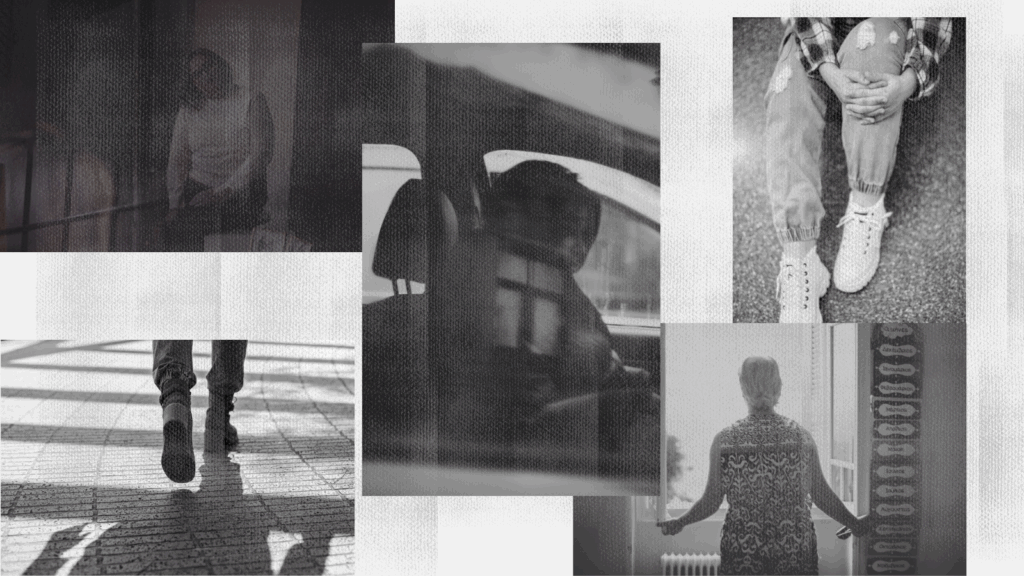On 25 and 26 April 2024, Eurodiaconia and the representatives of five of our member organizations took part in the European Social Work Conference in Bruges organized under the Belgian Presidency of the Council. Bringing together social workers, policymakers and practitioners, the conference focused on addressing three societal challenges facing social work across Europe: climate change, migration, and digitalisation. Our members were involved in delivering four sessions, sharing their experience and inspiring practices showing ways in which social work can make a difference.
In a session delving into ‘Inspiring Gamechangers in Ecosocial Work’, Slađana Jovanović from the Ecumenical Humanitarian Organization in Serbia showcased the Dweller Driven Settlement Upgrading Model. The DDM is a participatory and human rights-based model for house upgrading in segregated settlements inhabited by people in situation of vulnerability, primarily Roma communities. Implemented in various municipalities across Serbia for several years, this model, represents a significant step in addressing energy poverty and improving substandard living conditions. This participative housing support initiative is a beacon of positive change with a track record of success across Serbia.
Entitled ‘Debunking Myths in Favor of Real and Effective Coexistence,’ this workshop led by Filipa Iraizoz Valido-Viegas, Conchi Rodriguez, both from Diaconia Spain, and David Moodie from the Church of Scotland delved into the topic of integration and social inclusion of refugees, aiming to confront discrimination faced by certain refugee groups and promote social cohesion through community and cultural mediation. Our members facilitated a thought-provoking discussion with workshop participants, focusing on challenging biases, dispelling myths, and addressing stereotypes associated with migrants and refugees in their host countries. Afterwards, our members showcased their good practices advacing on the elimination of these barriers: Diaconia Spain’s mentoring projects and the Church of Scotland’s Faithful Welcome Focus groups.
The session on ‘Building a Support Base for Superdiversity’ on the subsequent day addressed the growing diversity within many Western European societies, driven by ongoing migration and demographic shifts. Amidst this era of superdiversity, where social work confronts the challenge of embracing differences without cultural bias, Nicola Salusso from Diaconia Valdese in Italy introduced their comprehensive approach to migrant integration. Diaconia Valdese implements inclusive social services aimed at facilitating the social and labour market integration of migrants, reflecting a commitment to holistic support.
In a session exploring ‘Transnational Social Work’, social work beyond territorial boundaries, Carolin Ahlvik spotlighted the transformative Roma Gate Project. Led by the Deaconess Foundation, this initiative is dedicated to improving the social status of the traveller Roma population in Finland. By dismantling barriers and fostering access to the job market, the project offers a multifaceted approach, including Finnish and Swedish language courses, vocation-specific training, employment counselling, while proactively engaging with local authorities to raise awareness.
After two days filled with insightful sessions and best practice sharing, the European Social Work Conference concluded with a resounding call to action, emphasizing the imperative not only to ensure no one is left behind but also to address the systemic conditions fostering social exclusion. We extend heartfelt appreciation to our members for their active engagement and inspiring presence throughout the event.



